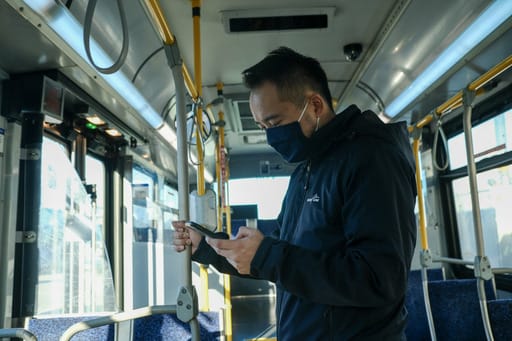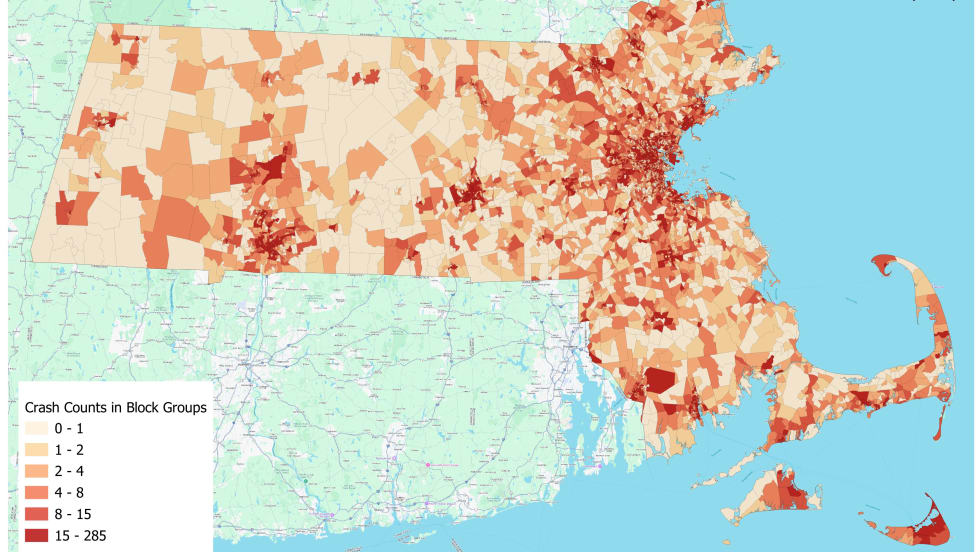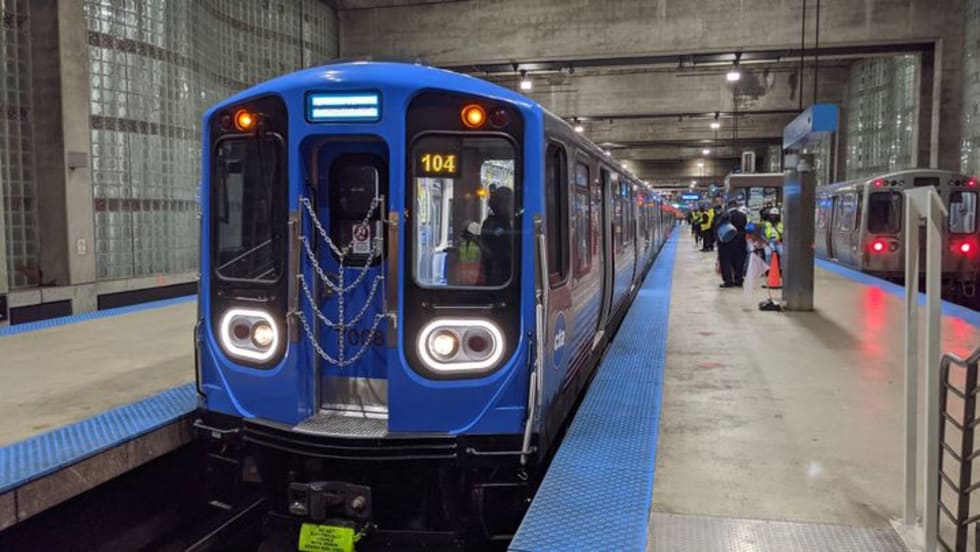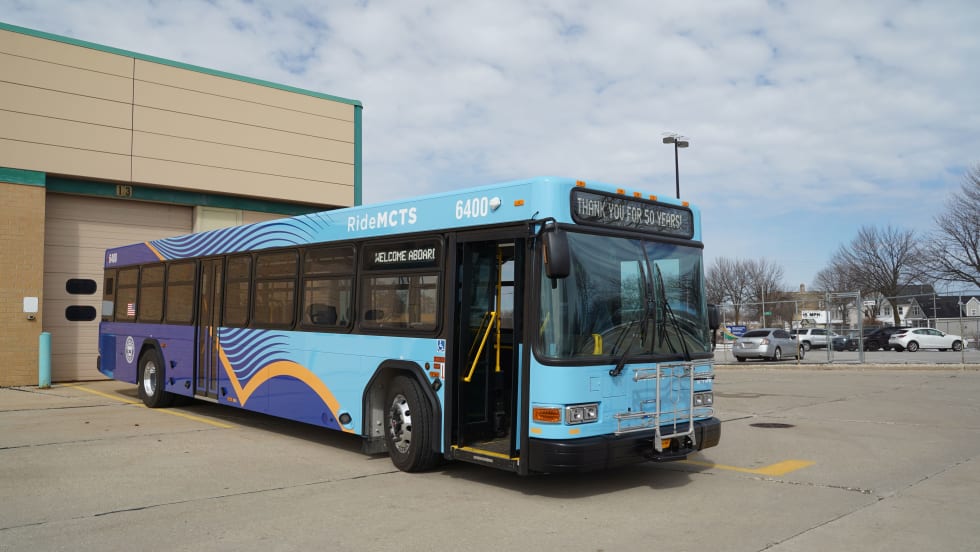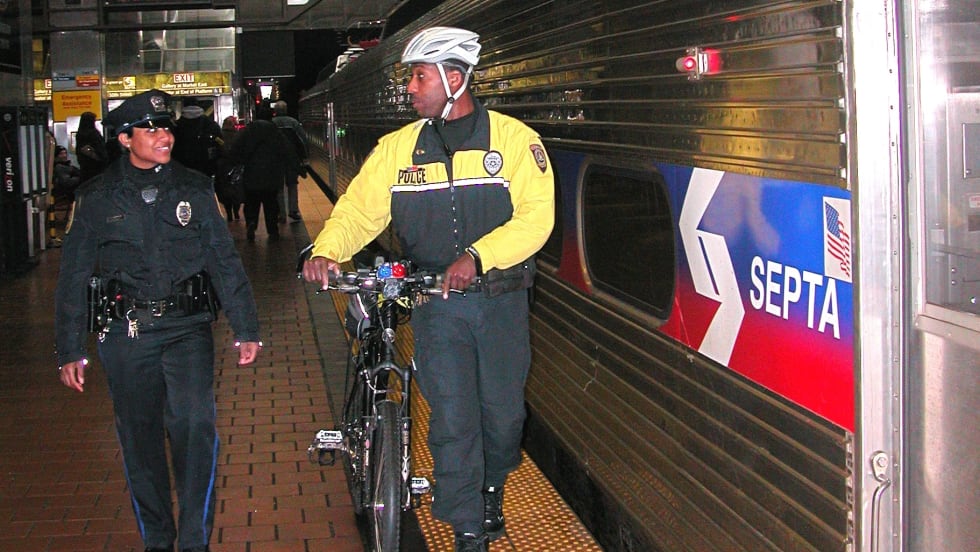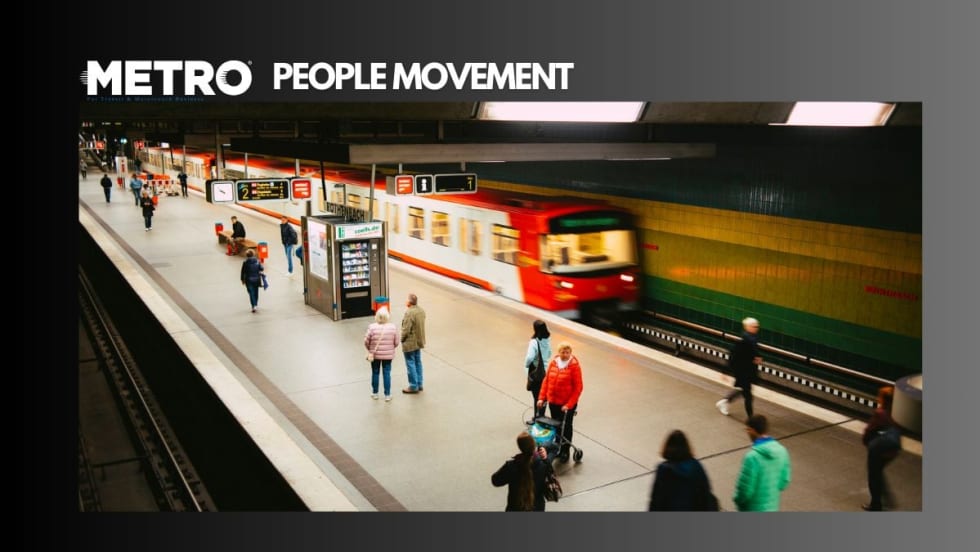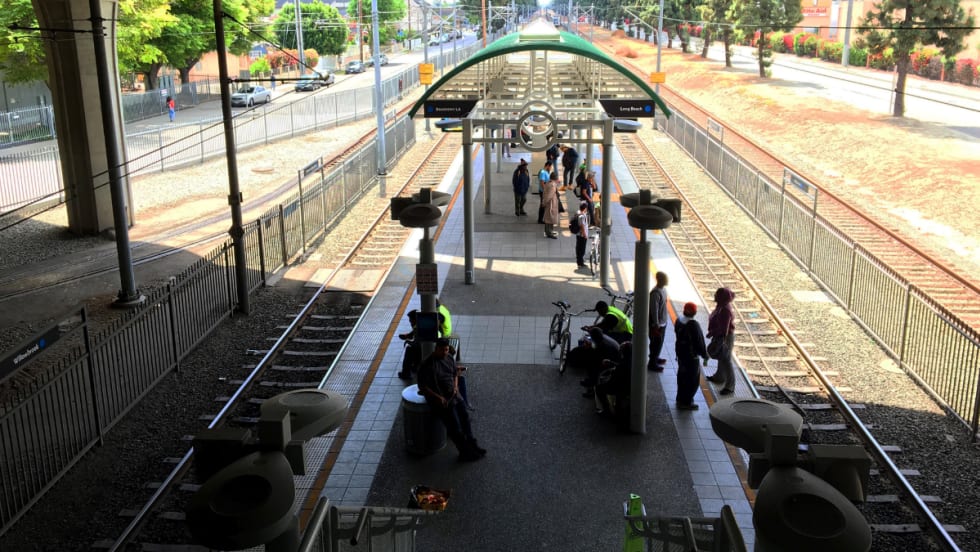Results from a trial conducted by Vancouver, Canada’s TransLink shows that copper is effective at killing bacteria on high-touch transit surfaces.
Based on sample testing performed on transit and in a lab, the trial concludes that select copper products on transit are durable and kill up to 99.9% of all bacteria within one hour of the bacteria’s contact with the surface.
Of the more than 1,140 samples were collected and analyzed, the two products that performed best in the transit environment were the copper decals and the copper nickel plasma sprays. Tests were conducted using surface cultures and ATP bioluminescent testing on samples taken from transit surfaces.
Phase one of the pilot began in November 2020 and lasted five weeks on two buses and two SkyTrain cars. To expand on phase one’s results, a second phase will be launched in the coming months to verify the results with a larger sample of data.
The pilot’s second phase will include:
Testing copper products on more train cars and buses.
Testing over a longer amount of time to analyze varied conditions.
Focused tests on the products that were most effective in our transit environment.
Public engagement to measure copper’s impact on customer confidence.
TransLink was the first transit agency in North America to test copper on transit surfaces. The pilot was launched as part of the agency’s COVID-19 response through the Safe Operating Action Plan. The results of the study could have wide-reaching impacts for infection prevention for the transit industry and other industries that rely on shared public spaces.
The pilot is the result of a partnership between TransLink, Teck Resources Limited (Teck), Vancouver Coastal Health (VCH), the University of British Columbia (UBC), and the VGH & UBC Hospital Foundation. The initial phase was fully funded by Teck, as part of its Copper & Health program. The second phase will also be supported by Teck.



